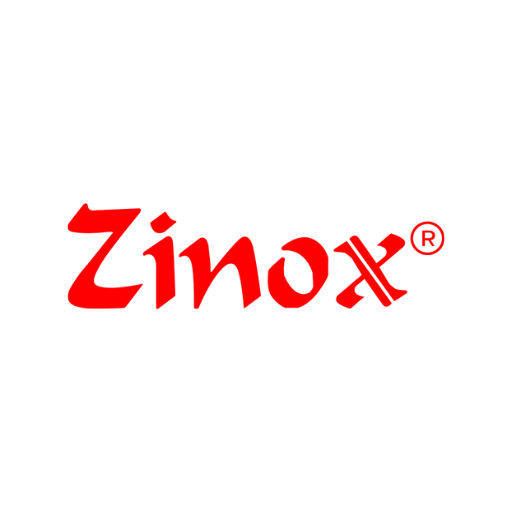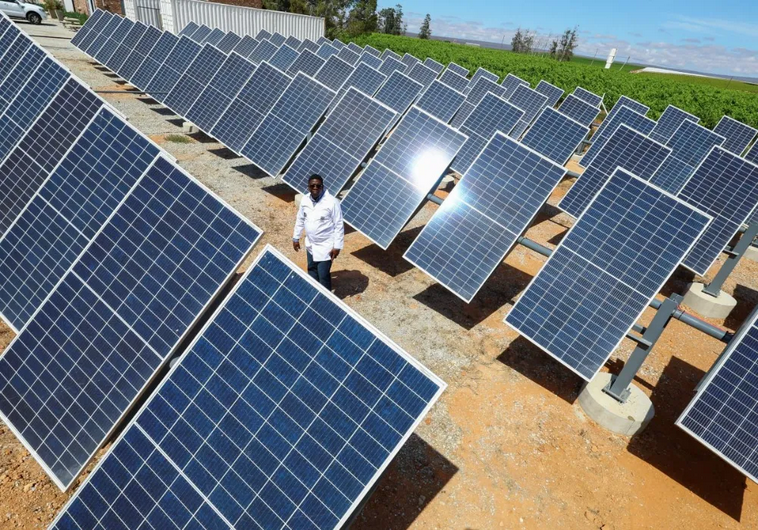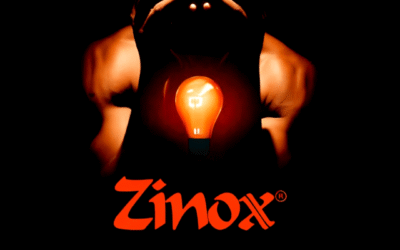Solar energy is rapidly gaining global momentum, and Nigeria is fully embracing the trend. With its abundant sunlight, Nigeria is in an ideal position to harness solar power, meeting its growing energy needs and advancing toward sustainable energy solutions.
A Brief Chronicle of Solar Energy
The concept of solar energy dates back to ancient civilizations. Early societies used magnifying glasses to concentrate sunlight and create fire. The true breakthrough, however, came in the 19th century when French physicist Alexandre-Edmond Becquerel discovered the photovoltaic effect. This discovery showed how sunlight could be converted into electricity, sparking the beginning of solar power use.
Though solar technology held tremendous promise, early applications were hindered by low efficiency and high costs. However, during the 1950s and 1960s, solar panels became widely recognized as a reliable power source for satellites. In fact, the Vanguard I satellite, launched in 1958, became the first artificial satellite powered by solar cells.
In the 1970s, the oil crisis and rising environmental awareness prompted increased investments in solar research. By the mid-2000s, solar power had reached “grid parity” in several regions, meaning it became competitive with, and sometimes cheaper than, conventional fossil fuels.
Solar Energy in Nigeria: A Modern Surge
In the mid-2010s, Nigeria witnessed a surge in private sector involvement in solar energy. Companies began offering both off-grid and on-grid solar solutions for homes, businesses, and institutions, thus boosting the accessibility of solar power.
Notably, Nigeria’s off-grid solar market has experienced remarkable growth. According to the Christensen Institute, the market has been expanding at a compound annual growth rate (CAGR) of 12% since 2018. This rapid growth reflects the increasing demand for reliable, cost-effective power solutions in a country with frequent power shortages.
Types of Solar Panels: Which One is Right for You?
Various types of solar panels cater to different needs and budgets. Here are the three main types:
- Monocrystalline Panels: These are the most efficient and have a long lifespan, making them ideal for those seeking high performance.
- Polycrystalline Panels: While slightly less efficient, these panels are more affordable, making them a great option for budget-conscious consumers.
- Thin-film Panels: Known for their flexibility and lightweight design, thin-film panels offer versatility for a range of applications, from rooftops to portable solar solutions.
Government Support for Solar Energy in Nigeria
The Nigerian government has played a key role in promoting solar energy adoption through various policies and incentives. Under the Nigerian Renewable Energy Master Plan, the government aims to achieve 500 MW of solar PV capacity by 2025. This goal reflects the nation’s commitment to building a sustainable and clean energy future.
The Future of Solar Energy in Nigeria
Looking ahead, the future of solar energy in Nigeria is incredibly promising. As solar technology continues to improve and panel costs decline, solar power will become more accessible to a larger portion of the population. Increased awareness of environmental issues will further fuel the demand for renewable energy, positioning solar power as a leading solution in Nigeria’s energy landscape.
Moreover, as the global shift toward cleaner energy intensifies, Nigeria’s growing reliance on solar energy will help the country become more energy independent while reducing its carbon footprint.
Solar Energy: Transforming Nigeria’s Power Landscape
Solar energy is already transforming Nigeria’s energy sector. Supported by private companies like iPower Solar Solutions and bolstered by government initiatives, solar power has emerged as a sustainable, viable energy solution for the country.
At Zinox® Technologies, we specialize in providing high-quality solar panels, inverters, and batteries. For more inquiries, contact us at +2347080601156 or email us at enquiries@zinoxtechnologies.com.



